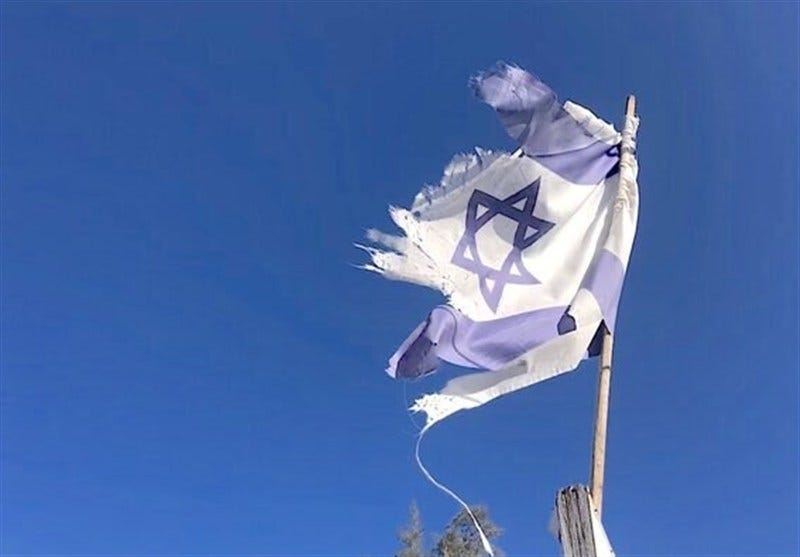Zionist Analyst: The Notion of Israel Being the Region’s Top Power Is Pure Illusion
Inbar described this as a toxic mix of military euphoria, exaggerated interpretations of battlefield results, and a fundamental misunderstanding of Israel’s actual strategic reality.
Occupied Palestine, PUREWILAYAH.COM - In the wake of repeated warnings from Israeli circles and analysts about the consequences of Tel Aviv’s aggressive policies and the protracted Gaza war, Israeli writer and analyst Efraim Inbar has issued a stark warning.
In an article published in the Hebrew-language newspaper News14, Inbar wrote that Israel’s excessive self-confidence is pushing it toward fatal strategic errors.
He stressed that Israel must acknowledge it is not a regional superpower and, contrary to claims by some politicians, it cannot reshape the map of the Middle East.
He compared the current Israeli mindset to the period after the 1967 war, when overconfidence led to the failure of 1973.
He argued that recent developments and wars involving Israel have created the illusion that Tel Aviv is the region’s top power, with some in the political and military establishment even speaking of redrawing the Middle East’s borders.
Inbar described this as a toxic mix of military euphoria, exaggerated interpretations of battlefield results, and a fundamental misunderstanding of Israel’s actual strategic reality.
Setbacks in War with Iran, Hezbollah’s Enduring Threat, and Gaza’s Ongoing Resistance
Inbar openly admitted Israel’s failure to achieve its objectives in the recent 12-day war with Iran, noting that Tehran has never abandoned its nuclear program and may soon resume it — or even launch a preemptive strike against Israel.
He added that Hezbollah remains a significant military force in Lebanon despite sustaining blows, and Lebanon’s political class has neither the will nor the ability to disarm it — meaning the Hezbollah threat to Israel will persist.
The analyst stressed that the war in Gaza is far from over, with parts of the strip still under Hamas control — something he called a victory for the Palestinian movement.
The continued captivity of Israeli hostages, he argued, has weakened Israel’s deterrence image, while the Israeli army’s conduct reveals hesitation and confusion in settling the conflict. The ongoing presence of Hamas in Gaza, he warned, poses a long-term strategic threat to Israel.
Vulnerabilities, Internal Divisions, and the Call for Realism
Inbar also warned that Israel’s heavy reliance on U.S. support leaves it vulnerable to political changes in Washington. Furthermore, the deep societal divisions that have plagued Israel in recent years mean that its strength must be measured not only by its military and technological capabilities but also by the resilience of its home front.
He concluded by urging Israeli decision-makers to adopt a more realistic, cautious, and logic-based approach — free from the illusion of being a major regional power. (PW)
Source: Tasnim


